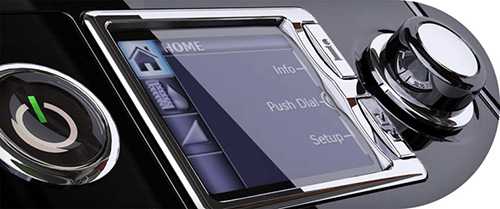Know your Deep Cycle from a Normal Battery?
What are the Differences between RV Deep Cycle and Regular Batteries?
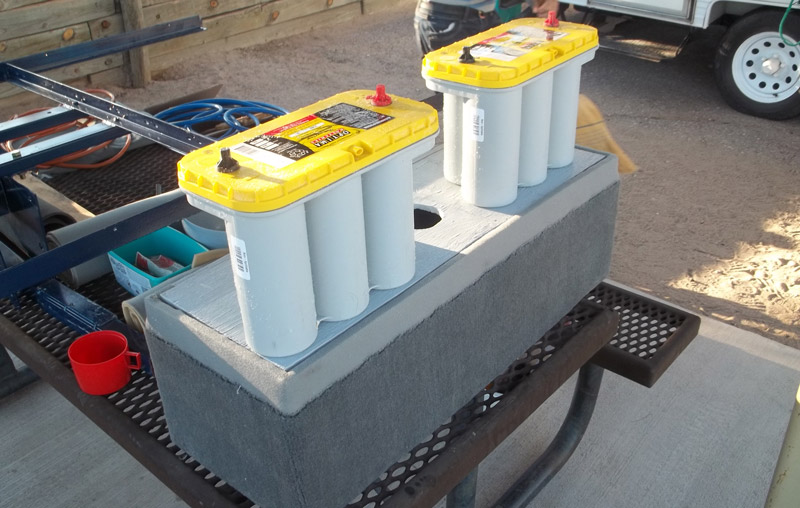
The differences between the batteries used in a recreational vehicle actually begin from the way they are built. If you own a recreational vehicle (RV) or a boat, then there is a great chance that one of the batteries you are familiar with is the deep cycle battery. It is not surprising because it is one of the most commonly used batteries for RVs.
It is also common in large solar power systems as well as golf carts. It should be noted that both the regular battery of your vehicle and the deep cycle battery can be identified as lead-acid batteries. They make use of the exact same chemistry when they operate. One thing that makes them different is actually on the way they optimize their designs.
What’s a Deep Cycle Battery?
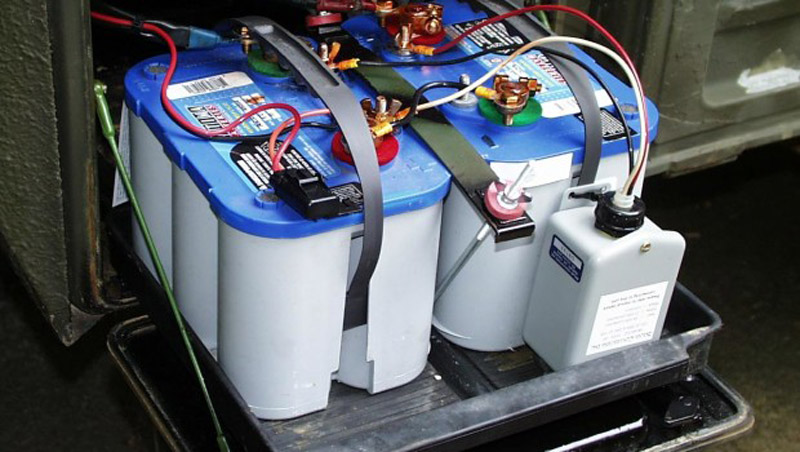
An RV deep cycle battery can be defined as a lead-acid battery, which is primarily designed for regular deep discharging by using the majority of its capacity. You can expect it to discharge in between forty –five to seventy-five percent of its normal capacity based on the manufacturer and the battery’s construction.
Although you can cycle down an RV’s deep cycle battery to a 2o% charge, Mark Coleman noted that you can get the best lifespan and cost by maintaining an average cycle of around 45% discharge. A deep cycle battery also falls into two different categories. The first one is the flooded lead-acid battery, which is a common type and available in two styles.
The second one is the valve regulated lead acid. This type is actually subdivided into two categories – the gel and the absorbed glass mat. The gel cell battery makes use of a battery acid, which comes in gel form. It is leak-proof, making it ideal for marine applications.
The absorbed mat glass, on the other hand, makes use of a fibrous mat found in between the plates. It is 90% soaked in electrolyte. While this type is more expensive when compared to a typical deep cycle battery, it carries with it several advantages. One is that you can charge it in the same way as a typical lead-acid battery.
In addition, it does not leak and lose any water. It is also almost maintenance-free while also being impossible to freeze.
The Differences: Power
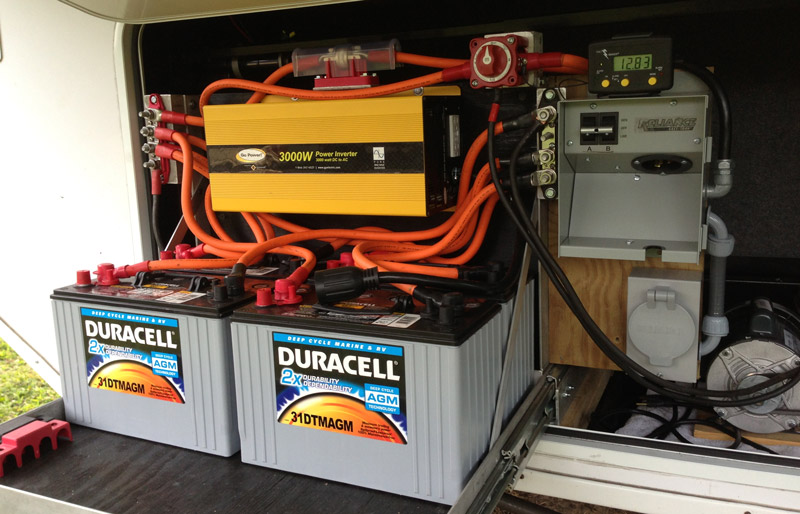
The regular battery used in a vehicle is usually designed in such a way that it can provide a huge amount of energy for a short period, around five seconds. It can also be the time usually required to start an engine. Such burst only makes use of a small amount of capacity, which you can expect to be replenished right away by an alternator.
However, recreational vehicles require a different set of power than regular vehicles or cars – that is the main reason why it often requires the use of another type of battery, not the regular one. One of the most commonly used types of batteries in recreational vehicles is the deep cycle battery.
It is preferred by many RV owners because of its ability to give a good supply of energy for a long period of time. Most of the accessories that form part of your recreational vehicle tend to draw power from this deep cycle battery, making it really useful for RV owners.
Regular automotive batteries are usually designed in a way that they can supply high-current yet short bursts to crank the engine, causing a frequent discharge of only a tiny part of their capacity. You can also use a deep cycle battery as your starting battery but its lower cranking current also requires you to use a bigger one.
What is good about a deep cycle battery is that it is capable of withstanding several hundreds of recharge or discharge cycles. A regular battery, on the other hand, is not designed in a way that it can handle a total discharge.
Difference in Construction
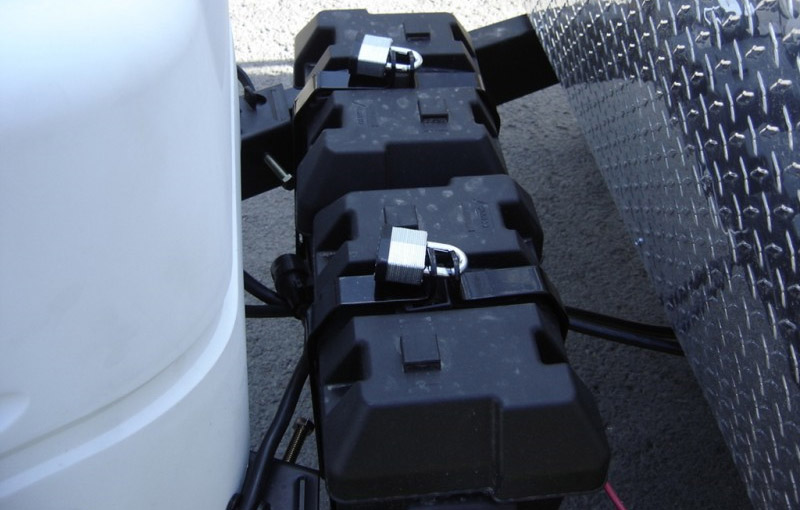
Deep cycle batteries and regular batteries also differ as far as their overall construction is concerned. A deep cycle battery is often built using thicker plates as well as an active material, which is denser.
It is also usually equipped with envelope separators and glass mat designed to reinforce the active material, thereby preventing shedding and damages. Regular car batteries, on the other hand, make use of a highly porous active material.
They are also usually equipped with thin plates. Such promotes the quick delivery of energy, maximizing power when starting the engine.
Difference in Terms of Charging
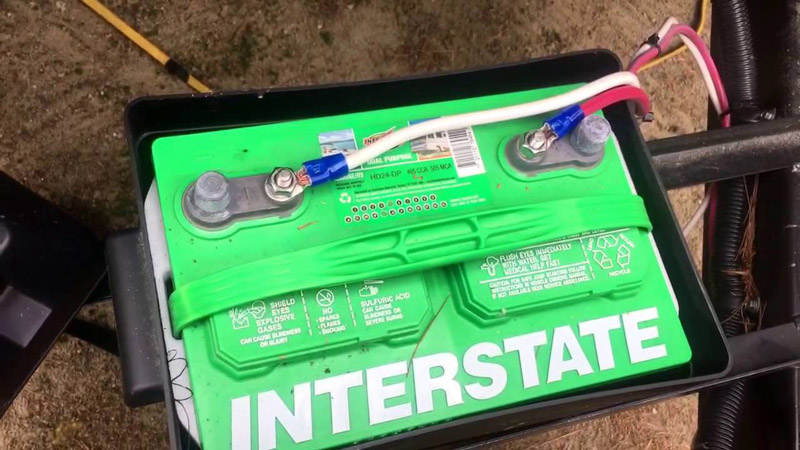
A regular car battery also differs from a deep cycle battery based on how it is charged. In most cases, a car battery is charged via the engine’s operation. It has an alternator, which tends to take the power from the operating engine then convert it to a replenished electrical current that can be used for charging the battery.
The problem with this, though, is that in case the alternator malfunctions or stops working, there is a tendency for the battery to drain quickly rather than replenishing it. A deep cycle battery, on the other hand, requires periodic charging. Prior to charging it, though, ensure that you examine the level of electrolyte.
If required, pour distilled or drinking water. Also, it would be best for you to utilize a charger, which is around ten to twenty-five amps and strictly adhere to the directions. It is also advisable to charge the deep cycle battery every twenty-four hours of use to prevent it from freezing.
Avoid overcharging, though, as it might lead to the corrosion of the grid as well as the reduction of the battery life.
Conclusion
Choosing between an RV deep cycle and regular battery may be confusing at first. However, by learning about the individual capacities and flaws of each, you will be able to figure out which one suits your recreational vehicle the most.
If possible, go for the RV deep cycle battery, as it is known for handling the requirements of the majority of recreational vehicles well. Just make sure that you give it proper care and maintenance to extend its life.
If possible, go for the RV deep cycle battery, as it is known for handling the requirements of the majority of recreational vehicles well. Just make sure that you give it proper care and maintenance to extend its life.




